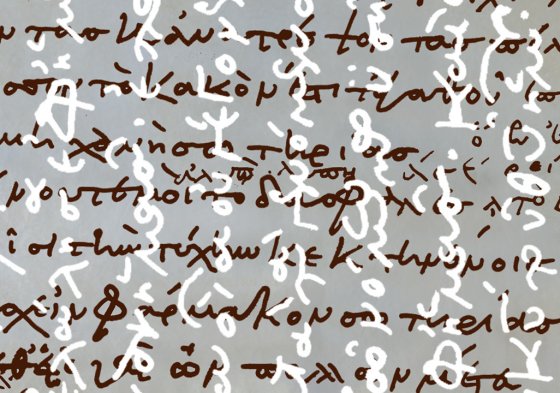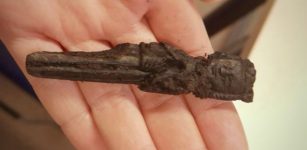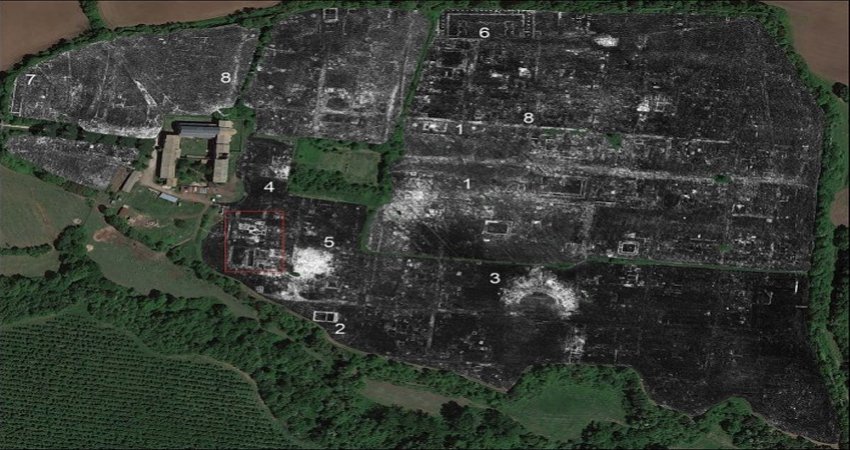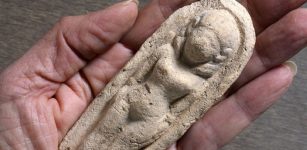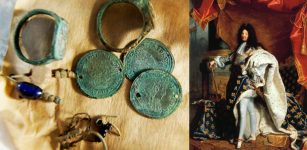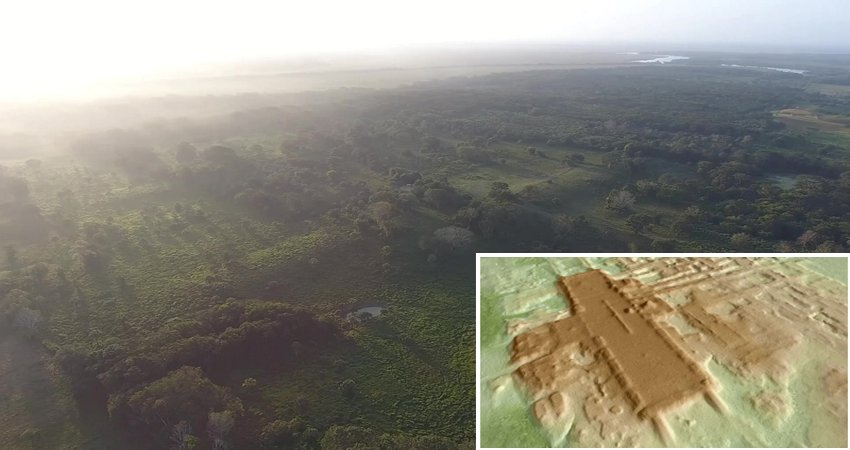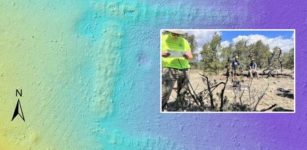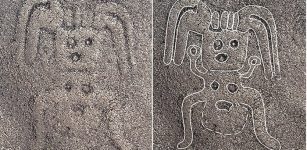Spectacular Discovery – Scientists Decipher Previously Invisible Texts In Ancient Manuscripts
MessageToEagle.com – Researchers at Göttingen University have recently discovered new – yet unexplored – manuscripts from medieval times.
Written on parchments, the documents feature texts by Euripides (c. 480 – 406 BC), a 5th-century BC Greek tragic poet and Aristotle (384 BCE – 322 BCE), a Greek philosopher, as well as a previously unknown ancient commentary on Aristotle.
“The discovery of this work is of inestimable value for the history of philosophical education in the late antiquity”, says the discoverer of the manuscript, Dr. Chiara Faraggiana di Sarzana from Bologna University.
The ancient writings – located at the library of the Greek Orthodox Patriarchate in Jerusalem and at the National Library of France in Paris – were repeatedly washed off and overwritten in medieval times.
Using very sophisticated multispectral imaging methods, scientists have been able to decipher up to three text layers in the manuscripts, which were superimposed on each other.
The manuscript in Jerusalem originates from the famous Library of the Holy Sepulchre at Jerusalem.
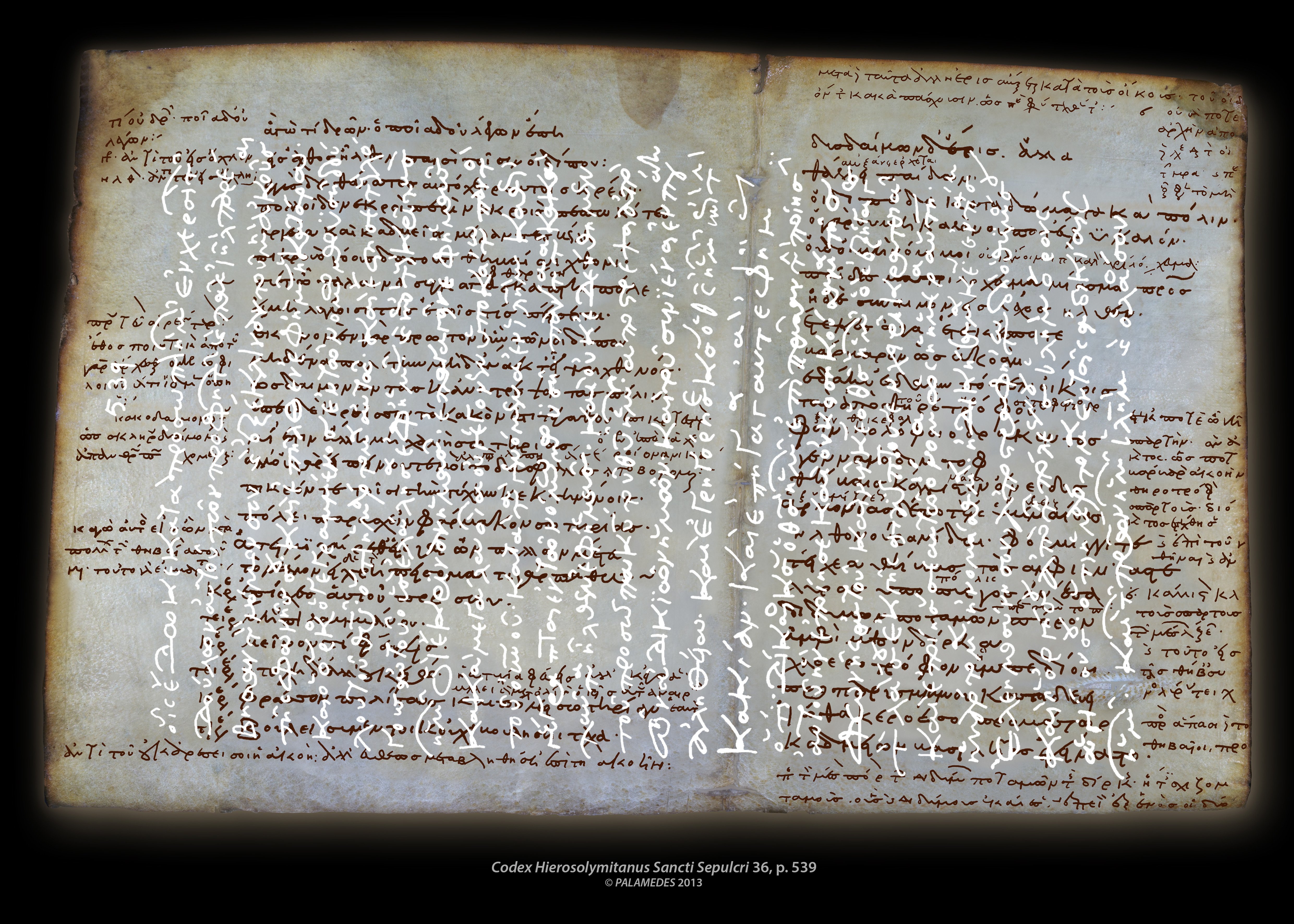
The uppermost text layer from the thirteenth century comprises the Prophetic Books of the Greek Old Testament, underlaid by older texts from various medieval manuscripts that contain works of Euripides and Aristotle, alongside theological tractates.
“The manuscript in Jerusalem is one of the most significant witnesses to Euripides’ work”, explains the head of the research project, Felix Albrecht from Göttingen University’s Faculty of Theology.
The manuscript contains the text of Euripides, surrounded by ancient annotations.
The manuscript in Paris preserves the remnants of an ancient philosophical manuscript from the late fifth century, the commentary of an unknown author on Aristotle’s work. It contains drawings of highest quality, which, due to their age, constitute important evidence for the textual tradition of philosophical commentaries.
The medieval times are the subject of a joint research project of the Universities of Göttingen and Bologna as well as the Cultural Foundation of the National Bank of Greece in Athens.
MessageToEagle.com

